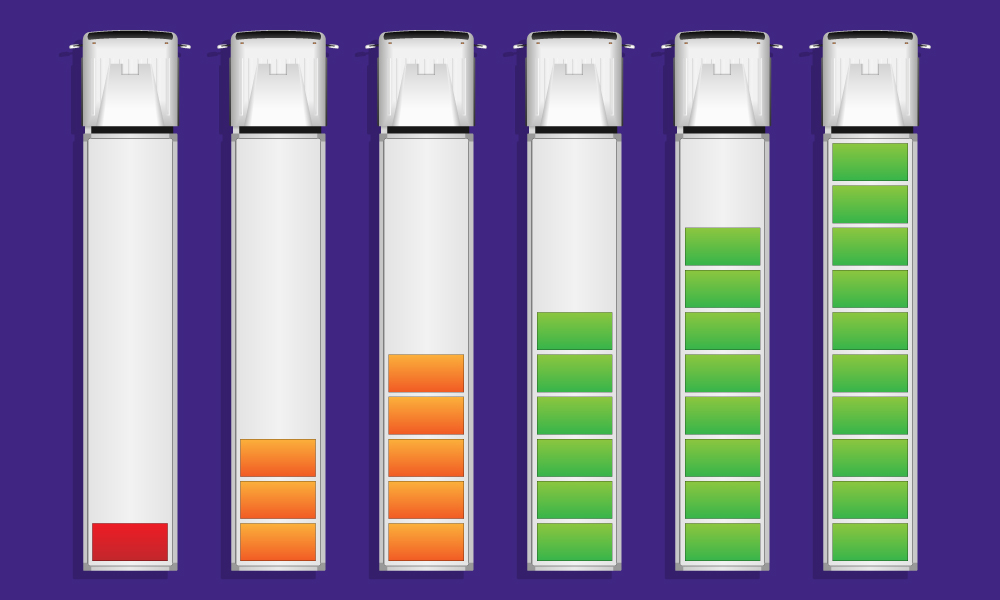
Transport refrigeration units, essential for transporting temperature-sensitive goods, require reliable power sources to ensure goods reach their destination in perfect condition. One common issue that many refrigerated fleet operators face is untimely draining of fridge batteries. In this blog post, we’ll explore the factors that can cause your fridge battery to drain and lead to deep cycling, which can reduce its lifespan.
Understanding Parasitic Draw
The culprits behind your fridge battery’s premature drain are often ‘parasitic draws’, which are essentially components or systems that continue to draw power even when your vehicles/trailers are not in operation. Here are some common sources of parasitic draw in temperature-controlled transportation:
- Fridge Controllers: Fridge controllers are essential for maintaining the desired temperature within the refrigeration unit. However, they can continue to draw power to monitor and regulate the temperature even when the trailer is not in use.
- Fuel Level Sensors: Fuel level sensors are crucial for keeping track of the fuel supply in the refrigeration unit. They constantly monitor fuel levels, leading to a steady power draw.
- Interior Trailer Lighting: Lighting within the vehicle body/trailer can also be a significant source of parasitic draw. These lights can consume power during loading/unloading or during a safety inspection, for example.
- Telematics/Temperature Monitoring Systems: Most modern fleets are equipped with systems to monitor their location and/or temperatures. These systems often rely on continuous power, leading to a constant drain on the battery.
Impact on the Battery: Deep Cycling
These parasitic draws gradually deplete the battery over time. This continual draw can eventually cause the battery to enter a state of ‘deep cycling’ – a situation where the battery is discharged below a safe and recommended level. This not only impacts the battery’s performance but also reduces its lifespan over time.
Tips for Preventing Premature Battery Drain
While some level of parasitic draw is unavoidable, there are steps you can take to mitigate the issue and extend the life of your fridge battery:
- Regular Maintenance: Schedule regular maintenance checks to identify and address any issues related to the power draw.
- Disconnect Unnecessary Systems: When the vehicle/trailer is parked for an extended period, consider disconnecting or deactivating non-essential systems.
- Battery Monitoring: Implement a battery monitoring system to keep a close eye on the battery’s state of charge and voltage. This can help you identify and address issues before they become severe.
- Solar Trickle Charge: Add a Genie Insights’ solar panel to the roof of your vehicle body/trailer to ‘trickle charge’ the fridge battery to keep it topped up. This will mitigate against parasitic draw, keeping the battery healthy and prolonging its lifespan. These easy to fit panels can be installed to new vehicles/trailers at the time of commissioning or retrofitted to your existing fleet during a routine service.
Understanding the concept of parasitic draw and taking preventive measures can help you maintain a healthy battery to keep your goods at the right temperature, minimise operational downtime and extend the life of the battery.
Learn more about how a solar panel could improve the reliability of your fleet.

